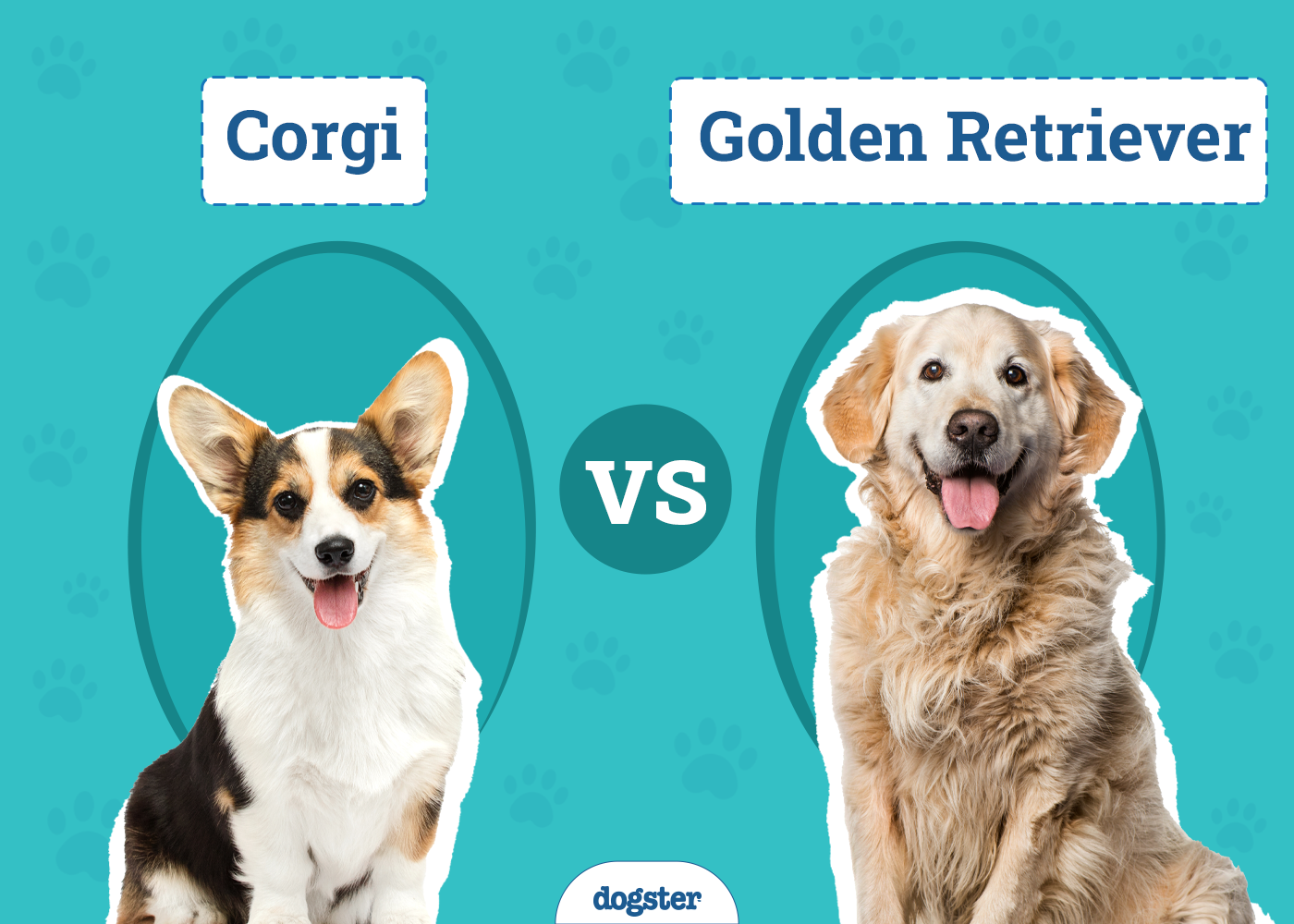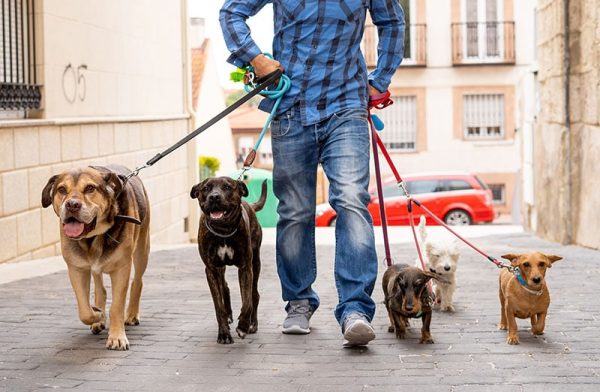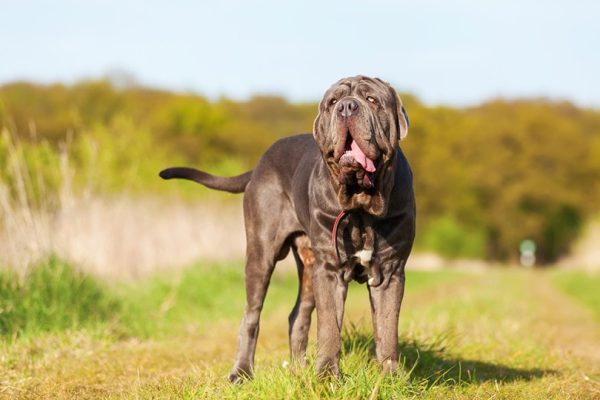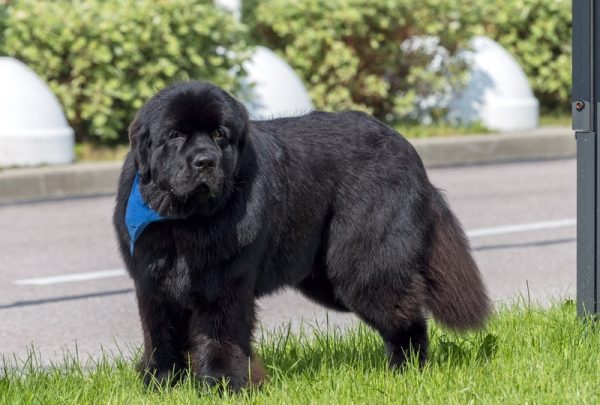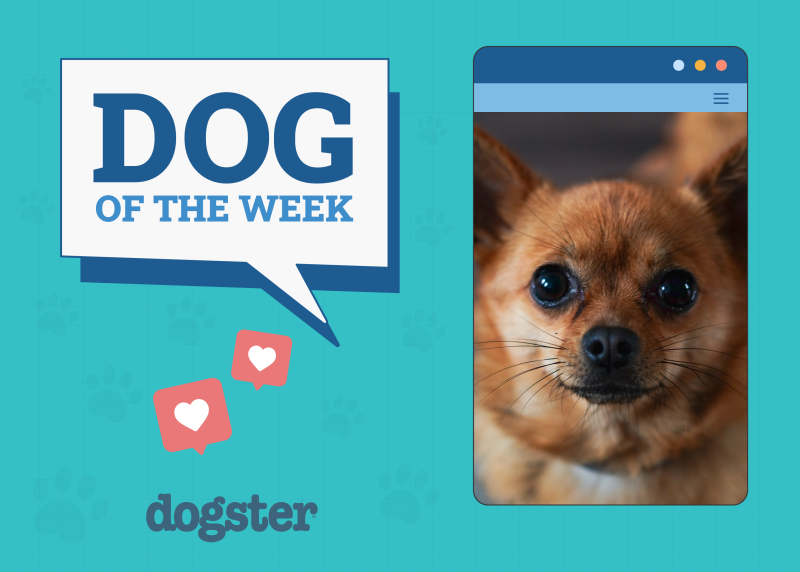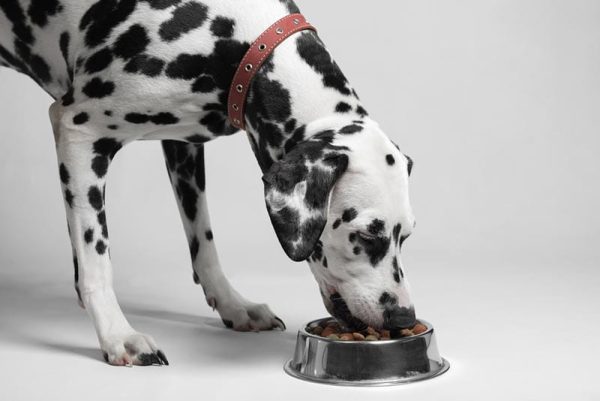In this article
View 3 More +Corgis (both Pembroke and Cardigan) are of Welsh origin. They are part of the working breed called heelers, and they were first shown in 1925 in a Welsh dog show. Corgis are incredibly popular with the British Royal family, and Queen Elizabeth II kept over 30 during her reign. These little dogs have enormous personalities. The Cardigan and Pembroke Corgis are very similar, but they have their differences.
Golden Retrievers are from Scotland, and they are instantly recognizable, friendly-faced dogs that are a firm favorite around the globe. First formally recognized by the British Kennel Club in 1913, these gun dogs were bred to retrieve. The Golden Retriever is consistently in the top five most popular breeds around the globe, including the UK and the US. We’ll compare both dogs so that you can determine which is ideal for your home.

Visual Differences
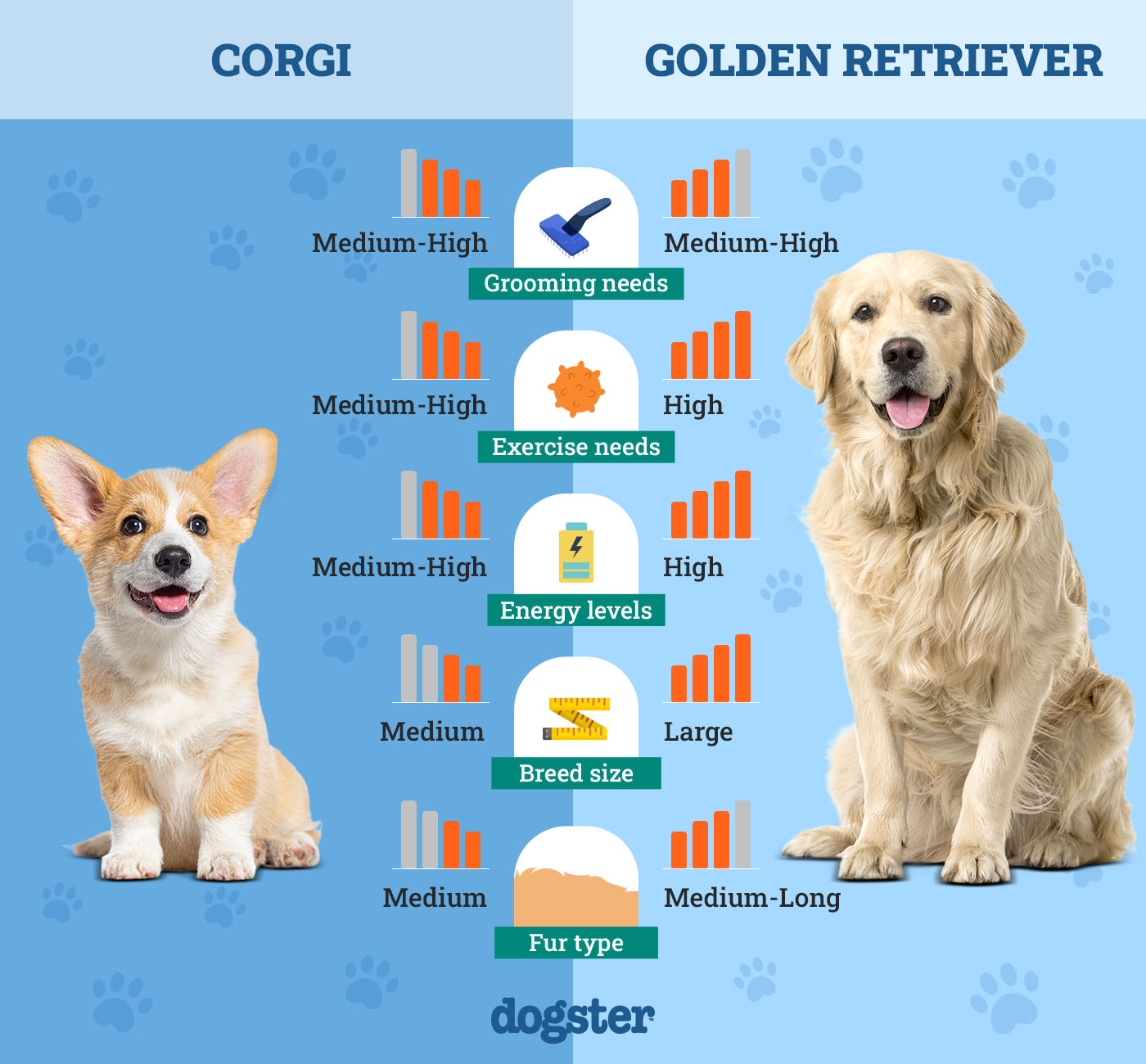
At a Glance
- Average height (adult): 9.8–13 inches
- Average weight (adult): 31–37 pounds
- Lifespan: 12–15 years
- Exercise: 1–2 hours a day
- Grooming needs: Moderate
- Family-friendly: Yes
- Other pet-friendly: Sometimes
- Trainability: Tenacious, loyal, eager to please,
- Average height (adult): 21.5–24 inches
- Average weight (adult): 55–75 pounds
- Lifespan: 10–12 years
- Exercise: 2 hours a day
- Grooming needs: High
- Family-friendly: Yes
- Other pet-friendly: Yes
- Trainability: Friendly, loyal, gentle, eager to please,

Corgi Overview
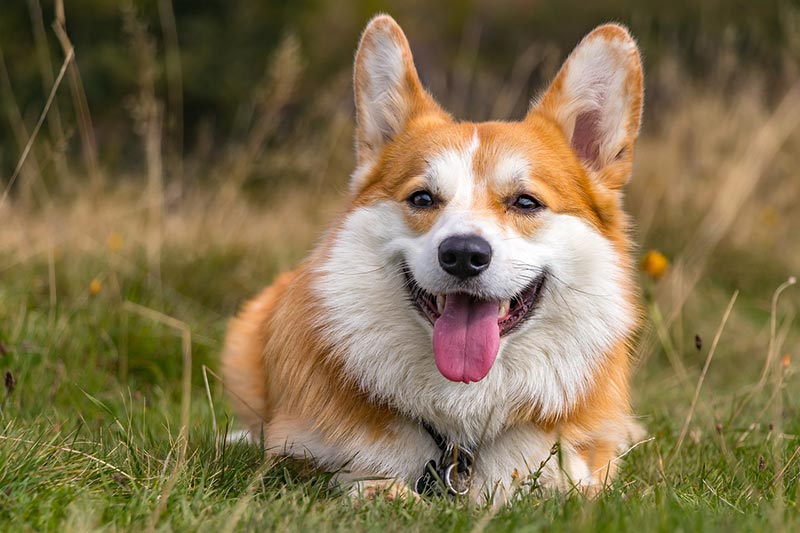
The Pembroke and the Cardigan are the two types of Corgis. They’re named after regions in Wales; while the dogs are similar, they have a few differences. Despite that, both are heelers at heart. They are loving, loyal companions to the families, sharing the charismatic and tenacious personalities Corgis are known for.
Personality / Character
Both corgis have personality differences, but they’re happy and loving dogs. They have shared traits, including a stubborn streak and a strong-willed mindset. Cardigan corgis are a more laid-back, reserved breed that is considerate and takes time before acting. They’re fun-loving and loyal but share nippy traits with their Pembroke brothers. They are compatible but less likely to gel with other pets in the home than the Pembroke.
The Pembroke is more vivacious than the Cardigan and is affectionate and bold with a big playful streak. They were favored by England’s Royal family and have a considerable presence on Instagram. However, while Pembrokes are more companionable, they’re still known for nipping at the hands and heels of their caregivers because of their heeler instincts.
Training
The Corgi is willful and can be stubborn if not trained properly. However, they are very food-motivated and willing to please. They’re intelligent and receptive to commands, becoming highly focused once in the swing of things. Corgis can be known for barking, but not as a nuisance; they are vigilant and protective of their owners.
Luckily, because Corgis are so food-orientated, bark training shouldn’t be too much of a problem.
Health & Care ❤️
Due to their short stature, some health problems affect the Pembroke and Cardigan Corgis. Going light on the treats and providing a well-rounded, healthy diet is essential since they are prone to obesity. It’s also important to train them early from puppyhood to accept a toothbrush so you can look after their teeth.
- Urinary Stones: Stones formed by different minerals like calcium in the bladder can cause pain, other signs, and potentially fatal blockages. Signs of urinary stones include straining to urinate, pain, and blood in the urine.
- Obesity: Corgis are prone to overeating and are very food-motivated Obesity strains their joints greatly and may exacerbate health conditions.
- Elbow and hip dysplasia: A condition in which the joints in these areas can warp and become misshapen, which can cause arthritis, dislocations, and pain.
- Degenerative myelopathy: A condition that affects nerves, particularly those in the hind legs and spine. It causes paralysis and incontinence, and there is no cure.
- Progressive retinal atrophy: An inherited condition in which the retina slowly degrades away and wastes, meaning the Corgi gradually loses their sight. Night blindness occurs first, and the dog’s vision begins to degrade during the day.
Exercise
Corgis are working dogs, so they have high energy and high exercise needs (around 1 to 2 hours a day). This can be divided into walks, running, playing fetch, or other games. Corgis are particularly skilled at agility and herding games and love long walks.
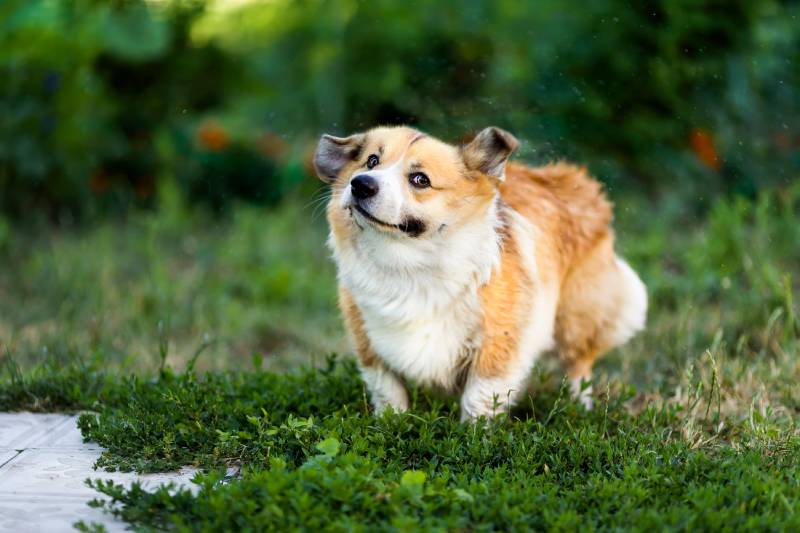
Grooming ✂️
Corgis have a double coat that sheds, and daily grooming can keep them sleek and tidy. This is particularly important during their shedding periods as they will lose a lot more hair, which can become tangled. An excellent massaging brush, such as a curry brush, can pull out loose hair and keep the skin and coat healthy.
Suitable for:
Corgis can be the perfect pet for those with time for training and exercise. Older adults and couples would fare well with Corgis since they are loyal and loving companions, provided they have the time to train the dogs. This can ensure that their stubborn streak is kept under control.
Families with children over 12 are recommended; they are playful and fun-loving dogs, but because of their nipping tendencies, smaller children may not be the best companions for them. Corgis are excellent pets for people who want a smaller dog with a big dog personality. They develop long-lasting bonds with their owners but don’t fare well being left alone.
- Friendly
- Lively
- Intelligent
- Diligent workers
- Can be nippy
- Prone to obesity and other health problems

Golden Retriever Overview

Golden Retrievers are big, lovable, and instantly recognizable due to their soulful eyes and golden coats. They’re large dogs with prominent personalities, so while they’re gentle and aware of their size, owners should be prepared to live with their bouncy character. They’re happy with most activities, including long or short walks and riding in the car. However, they don’t like to be alone and need their family to stay with them most of the time.
Personality / Character
The Golden retriever is an even-tempered, tolerant, and all-around family favorite. They are often described as the perfect family dog and are friendly, outgoing, bouncy, and gentle. Due to their retrieving nature, they usually have soft mouths. This means that they have good bite control if trained properly from puppyhood.
Golden Retrievers can be great with children since they are playful but aware of their size. However, how they fare around children depends on their socialization with children as puppies.
Training
Golden Retrievers are intelligent and obedient dogs but have a mischievous streak. They’re also so friendly that it can be distracting when trying to train them. They tend to be very food-orientated, so bringing their favorite treat can get them back into focus.
Golden Retrievers are easily trained. They’re good at following commands, receptive to praise, and want to please. They’re driven and intelligent and are often used as search and rescue dogs and guide dogs for the blind.
Health & Care ❤️
Golden Retrievers have a few health conditions but are generally regarded as healthy. Health care for the breed should include teeth cleaning, which should be introduced when they’re puppies. Ear care is also important for Goldens. They have floppy ears, which make them more prone to infections and the build-up of wax. Checking the ears daily and cleaning them when needed can prevent infections.
- Obesity: Much like the Corgi, Golden Retrievers are very food-motivated and big eaters, meaning they are more likely to gain weight than other breeds.
- Allergies: This includes skin allergies and allergies to food. If you’re concerned your Golden Retriever has allergies, ask a veterinarian for help.
- Hip dysplasia: Malformation of the joints that can cause pain, arthritis, and dislocations.
- Gastric dilatation volvulus (GDV): A condition in which excess air is taken into the stomach, causing it to expand and twist. This is a very serious condition that is fatal if not treated quickly.
- Hypothyroidism: A condition in which the thyroid gland fails to produce enough hormone, meaning that processes in the body, such as metabolism, slow down. This requires additional hormones to be taken daily, usually for the rest of the dog’s life.
Exercise
Golden Retrievers need a lot of exercise. As large dogs with active personalities, they usually require around 2 hours of exercise a day. If they’re not given enough exercise to help them burn off excess energy, they can exhibit undesirable behaviors related to boredom, including digging or chewing. Taking them on long runs, letting them burn off excess energy, biking with them, or practicing agility training can help them stay healthy.
Golden Retrievers love water and can even work as water retrievers, so many exercise options exist. However, Goldens under 2 years old should be exercised more cautiously as their growth plates are still growing, and intense exercises such as running on concrete can affect how these plates grow.
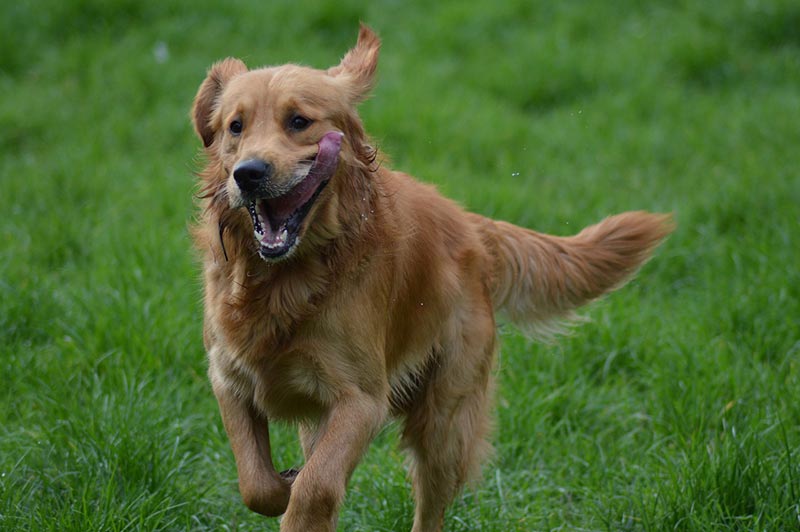
Grooming ✂️
Golden Retrievers have double coats with a very long and silky outer layer. They need daily grooming since they shed a lot, much like Corgis. In addition, because their coats are longer, they can be more prone to matting. Using a comb first can help gently remove tangles, and a pin brush can pull out any shed hair and distribute natural oils.
Suitable for:
Golden Retrievers are suitable for pretty much anyone. Families with children and pets, the elderly (keeping their strength in mind), single people, or couples would all suit a Golden Retriever. One consideration is the time and space that these large dogs need. For example, owners with big yards who work at home would be excellent parents to Golden Retrievers as they need to be around their people more often than other dogs.
- Loyal
- All-round perfect pets
- Excellent with children and other pets
- Gentle and fun-loving
- Prone to obesity
- Some health problems
- Don’t like being alone

Popularity
The Golden Retriever is always in the top five favorite breeds in many countries, including the US. They were recognized as a breed by the Kennel Club in 1913 and the American Kennel Club in 1932. Because they were so popular as pets, they never suffered from restrictions or lost numbers during World War II in the United Kingdom. They are known for their beautiful coats and gentle nature around the globe.
The Corgi (Pembroke and Cardigan) have suffered from low numbers throughout their history. This is despite Queen Elizabeth II owning and loving Corgis for her entire life. The Cardigan and the Pembroke were on the Kennel Club’s vulnerable native breeds list for quite some time. However, due to the popularity of these loving dogs on social media, Pembrokes were removed from the list in 2016.
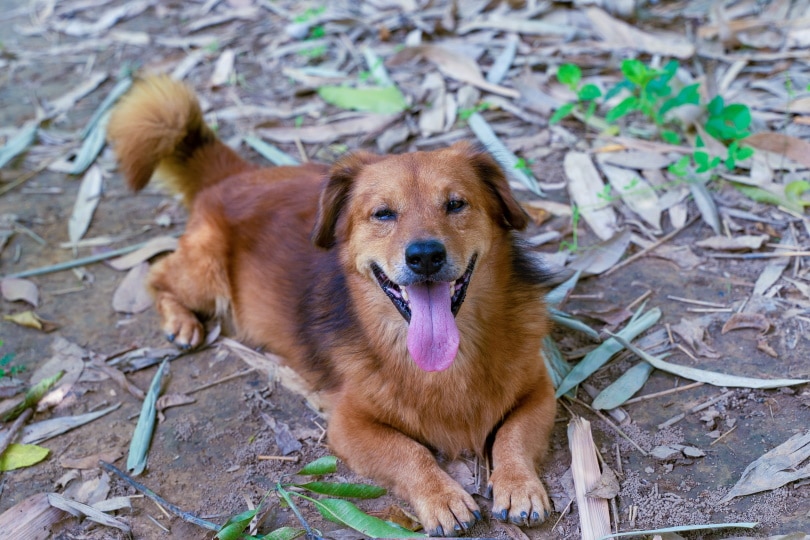

Which Breed Is Right for You?
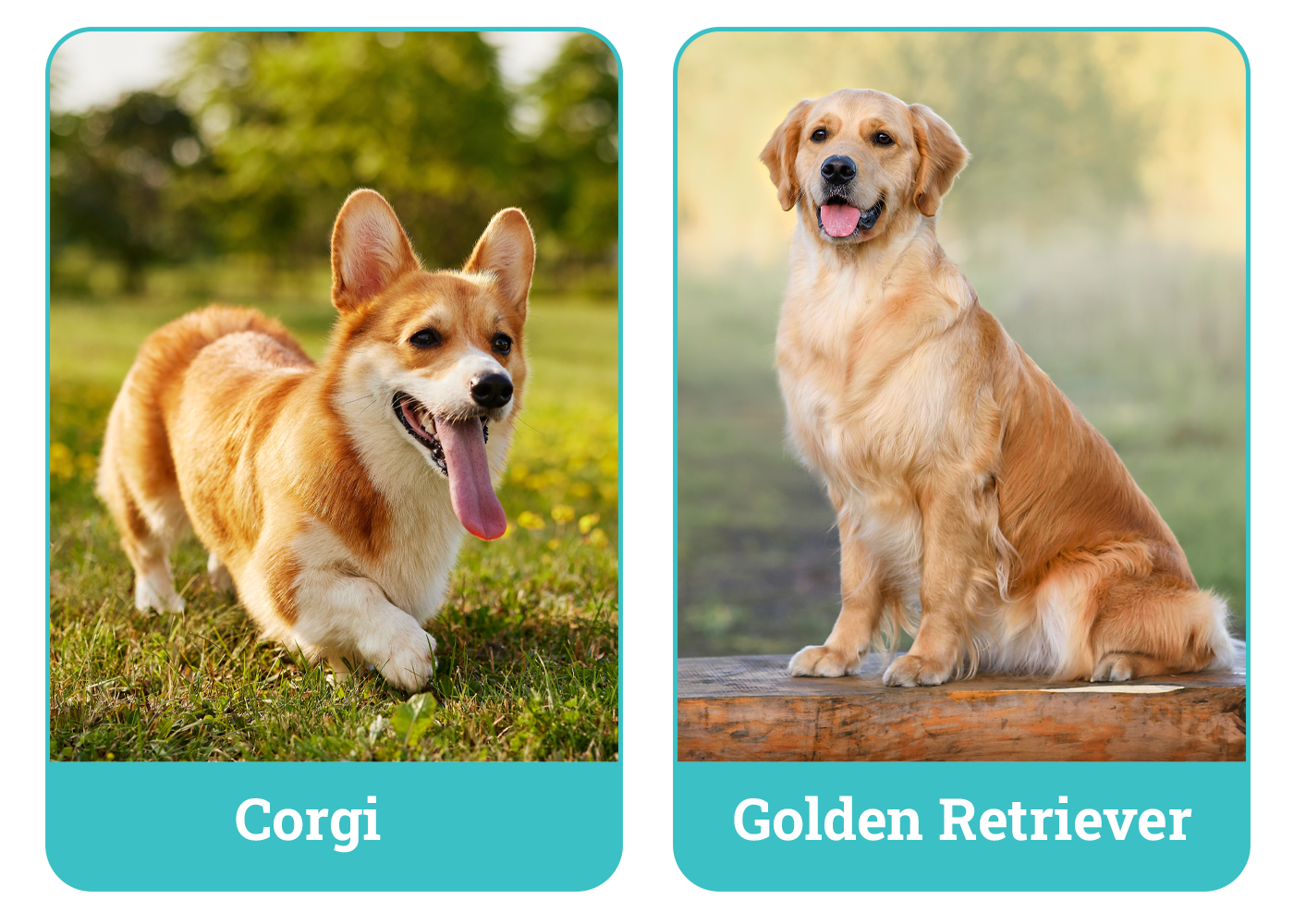
These two pups are very different in nature and temperament. However, they suit similar lifestyles. Corgis are small dogs with prominent personalities but need thorough training. Those familiar with small working breeds can combat their potentially nippy natures, and consistent training can keep them entertained and trim. Corgis have a sweet nature and love their people, particularly when their owners spend enough time with them. It’s no wonder they were so popular with the British Royal Family.
Golden Retrievers are very family-friendly. They have an even temperament and are an excellent choice for families of all sizes. They are large and gentle, and they know their strength. They’re also happy to please but require an active lifestyle due to their exercise requirements. If you love the outdoors, the Golden Retriever will be your best friend for life.
Featured Image Credit: Top – fatty corgi, Unsplash | Bottom – Svetozar Milashevich, Pexels
